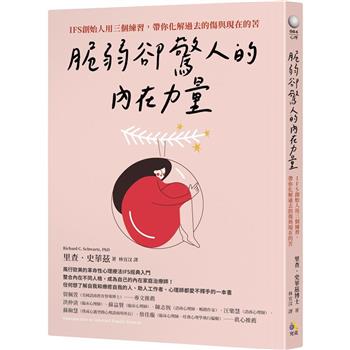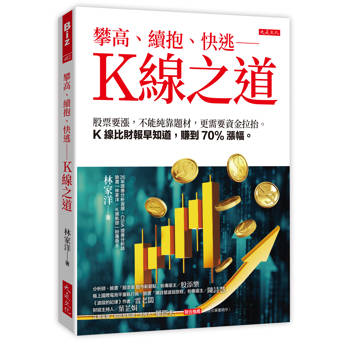Explore the science behind the food we eat the most of!
What’s on your dinner table? You probably have some form of maize, wheat, rice, potatoes. From London to Lagos to Los Angeles, these staple foods dominate our breakfast bowls, lunch boxes, and dinner tables. In today’s world, more than half of the calories that we consume come from maize, wheat, and rice alone. How did this happen? In The Science of Seeds: Why We Eat Maize, Wheat, Rice, and Potatoes with Hands-On Science Activities for Kids, readers aged 9 to 12 learn about how humans co-evolved alongside these foods. In this journey that spans continents and time periods, young scientists come to see these crops as the building blocks of the world as we know it. Focusing on the ever-changing relationship between humans and plants, we’ll dive deep into the science of botany, the importance of biodiversity, and the complex dynamics of feeding a growing world. Plus, learn to cook with some great recipes! Delve into the how and why of what we eat as we examine the future security of our food systems! Look at these issues through the lens of myth, folklore, food cultures, and real-life examples of agricultural visionaries. Find information about cultural cross-pollination in world history, as we trace the path of maize and potatoes across oceans. Climate-concerned kids will learn about the impact of monoculture on ecosystems and explore global efforts to save seeds, farm smarter, and build edible ecosystems. Throughout The Science of Seeds, hands-on STEM activities, entertaining illustrations, essential questions, and fascinating sidebars illuminate the topic and engage readers further. In addition, The Science of Seeds integrates a digital learning component by providing links to primary sources, videos, and other relevant websites. Additional materials include a glossary, a list of media for further learning, a selected bibliography, and index. All books are leveled for Guided Reading level and Lexile and align with Common Core State Standards and Next Generation Science Standards. All titles are available in paperback, hardcover, and ebook formats.| FindBook |
有 1 項符合
The Science of Seeds: Why We Eat Maize, Wheat, Rice, and Potatoes with Hands-On Science Activities for Kids的圖書 |
 |
The Science of Seeds: Why We Eat Maize, Wheat, Rice, and Potatoes with Hands-On Science Activities for Kids 作者:Mooney 出版社:Nomad Press (VT) 出版日期:2024-06-15 語言:英文 規格:平裝 / 128頁 / 普通級/ 初版 |
| 圖書館借閱 |
| 國家圖書館 | 全國圖書書目資訊網 | 國立公共資訊圖書館 | 電子書服務平台 | MetaCat 跨館整合查詢 |
| 臺北市立圖書館 | 新北市立圖書館 | 基隆市公共圖書館 | 桃園市立圖書館 | 新竹縣公共圖書館 |
| 苗栗縣立圖書館 | 臺中市立圖書館 | 彰化縣公共圖書館 | 南投縣文化局 | 雲林縣公共圖書館 |
| 嘉義縣圖書館 | 臺南市立圖書館 | 高雄市立圖書館 | 屏東縣公共圖書館 | 宜蘭縣公共圖書館 |
| 花蓮縣文化局 | 臺東縣文化處 |
|
|
圖書介紹 - 資料來源:博客來 評分:
圖書名稱:The Science of Seeds: Why We Eat Maize, Wheat, Rice, and Potatoes with Hands-On Science Activities for Kids
內容簡介
作者簡介
Carla Mooney is an award-winning children’s author. She has written more than 70 books for children and young adults, including many for Nomad Press, such as Climate in Crisis: Changing Coastlines, Severe Storms, and Damaging Droughtand The Physics of Fun. She lives in Pittsburgh, Pennsylvania.
Micah Rauch is a freelance graphic designer and illustrator from the beautiful state of Montana. He received a BFA in graphic design from Montana State University in Bozeman, Montana and has illustrated several books for Nomad Press, including Kitchen Chemistry, Fairground Physics, and Crazy Contraptions.
|











